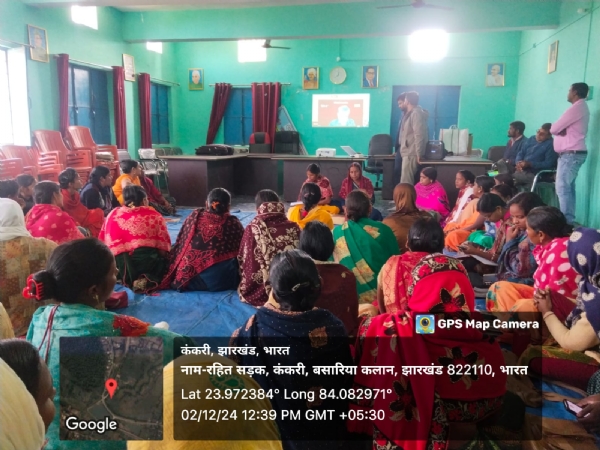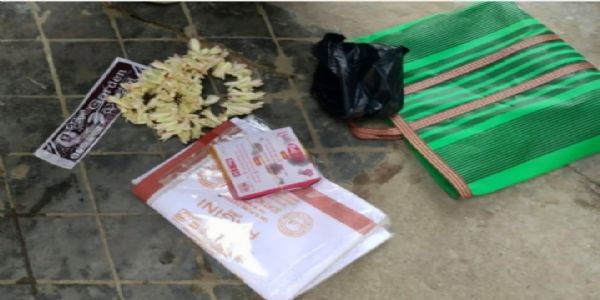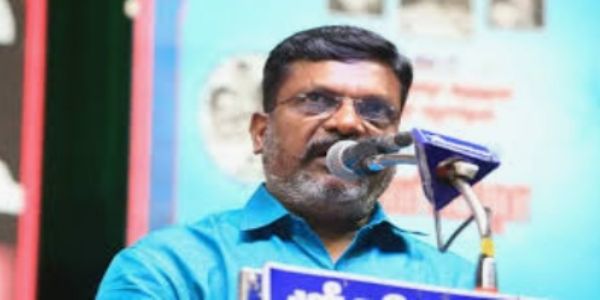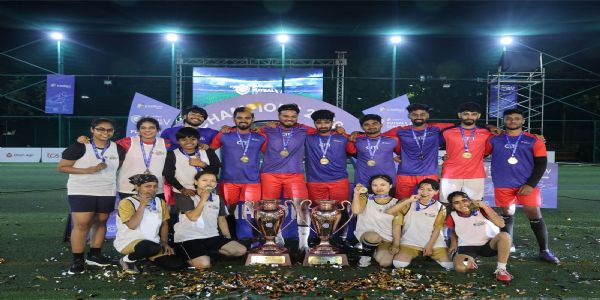
Lucknow,
7 December (H.S.): Transform Rural India (TRI) hosted a virtual session titled
#NoExcuse - Rural Youth Speak Out on Safety, in which youth and women from
rural regions discussed systemic gender-based violence (GBV) and shared their
lived experiences. The session, which featured actor Padmapriya, women's rights
lawyer Flavia Agnes, and social justice activist Prabhleen Tuteja as key
speakers, was attended by rural participants and youth from across the country,
primarily from Uttar Pradesh, Madhya Pradesh, and Jharkhand, through TRI's
Youth Resource Hubs and Nari Adhikar Kendras.
The
dialogue session was organized by TRI as part of the 16 Days of Activism
Against Gender-Based Violence, an annual international civil society-led campaign
that begins on November 25th, International Day of Elimination of Violence
against Girls and Women, and ends on December 10th, Human Rights Day.
The
talks emphasized the significance of this year's campaign, especially given the
forthcoming 30th anniversary of the Beijing Declaration and Platform for Action
on Women (BPOA), which will be commemorated at the 69th Commission on the
Status of Women (CSW) in March 2025. While India has passed legislation to
combat domestic violence, such as the Protection of Women from Domestic
Violence Act of 2005, new research, such as 'Ambivalent Sexism and Tolerance of
Violence Against Women in India' published in the journal Psychological
Science, indicate alarming findings. The paper emphasizes how condescending
views, disguised as protective measures, can exacerbate power disparities,
making women more vulnerable to violence by subordinating them to their male
relationships.
The
virtual discussions also highlighted the need for comprehensive steps to
prevent GBV from having long-term physical and mental health consequences for
survivors. It also advocated for more sophisticated policies that promote
victims' socioeconomic growth and prevent them from being marginalized.
Addressing
the issue of safety involves more than simply safety. Padmapriya, an actor,
believes that it is necessary to overhaul the entire system, including the
culture. After making her Malayalam film debut with Blessy's 'Kaazhcha', the
actor was instrumental in organizing the Women in Cinema Collective (WCC) in
the aftermath of the 2017 actor assault case that shocked Mollywood. Women in
Malayalam film, notably Padmapriya, worked together to create the Hema
Committee, which raised awareness of the industry's injustices against women.
Seema
Bhaskaran, Senior Practitioner, Gender, Inclusion, and Diversity at TRI,
emphasized the need of providing spaces for such essential talks. She stated
that this is only one of many meetings in which TRI seeks to raise and confront
tough but vital issues in order to effect meaningful change. Speakers at the
workshop also emphasized the need for real efforts to combat GBV in India and
minimize underreporting of such instances. They also emphasized the importance
of tougher legislation, enhanced processes, and more understanding of women's
rights so that more women may come forward to report crimes against them.
Many
women are unaware that what they are experiencing is violence,” laments Taniya
Khan, Coordinator at the Nari Adhikari Kendra in Barwani, Madhya Pradesh, who
opined that women must have agency to recognize this and realize that there are
various routes open for them to seek aid, such as Nari Adhikari Kendras.
Many
women's rights exist now as a result of demands made by women's movements.
However, we have come to know that rules alone are insufficient; there must
also be awareness, says Flavia Agnes, a women's rights lawyer.
With
a rising number of occurrences involving both online and offline sexual
assault, women leaders underlined the importance of increased efforts to
promote awareness about GBV prevention. TRI intends to produce further video
campaigns, disseminate information via local social media platforms and
WhatsApp groups, and organize village-level awareness events. It will also
focus on providing rural women with practical recommendations for safe internet
use.
Hindusthan Samachar / Abhishek Awasthi








